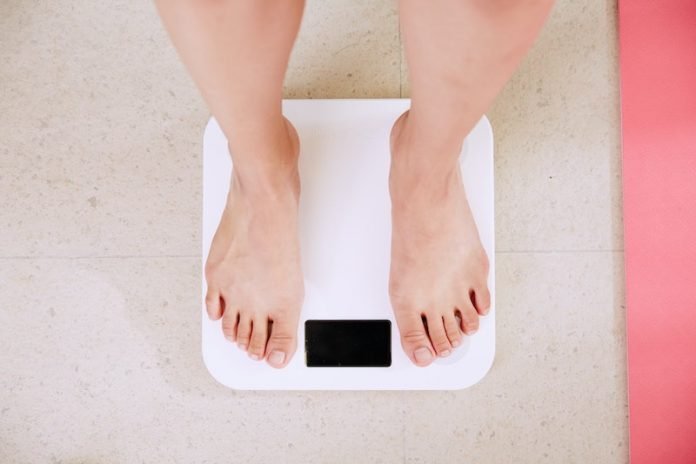
In a new study, researchers warn that being younger (aged 50 and under) doesn’t protect against the dangers of COVID-19 if you are overweight.
They found while all adults who are overweight or obese are at greater risk for serious complications from the disease, the link is strongest for those aged 50 and under.
The research was conducted by a team from UT Southwestern.
More than 42% of American adults are now obese, according to the Centers for Disease Control and Prevention, and another 30% or so are overweight.
Being overweight is defined as having a BMI (Body Mass Index) of 25-29, while those with a BMI of 30 or above are said to be obese.
In general, obese individuals are more likely to be hospitalized with COVID-19 than normal-weight individuals.
In the hospital, obese individuals are at higher risk for death or the need for mechanical ventilation to help them breathe, even if they are young.
In the study, the team analyzed data from more than 7,600 patients at 88 U.S. hospitals.
Looking at patients age 50 and under hospitalized for COVID-19, the researchers found that the vast majority – 85% – were either overweight or obese.
That compares with 54% of patients over age 70, making weight more of a risk marker for the younger group.
Among patients 50 and under, those with severe obesity had a 36% greater risk of dying, compared with normal-weight individuals.
Overall, adult patients with severe obesity had a 26% higher risk of dying.
In all adult patients, the risk of being sick enough to require a ventilator rose in lock-step as weight increased from overweight to Class III obesity.
The risk of death also rose for those who had Class III obesity, which is defined as having a BMI of 40 or higher.
The study’s findings should alert people who are overweight or obese – including those age 50 and under who may feel safe because of their age – that they are at greater risk from COVID-19.
Those in the most severe category of obesity, called Class III, should be considered high risk and may warrant prioritization for a COVID-19 vaccine when it becomes available, the team says.
About 7% of the adult population falls into this category, according to the study.
While the numbers don’t explain why obesity worsens outcomes for COVID-19 patients, the study suggests several possibilities.
First, obesity is linked to diseases that have been linked to worse outcomes for COVID-19, such as hypertension and diabetes, according to the study.
Secondly, the SARS-CoV-2 virus uses an enzyme called ACE2 to enter and infect human cells, and that enzyme is abundant in fat tissue.
In addition, simply having more weight on the chest may make it harder for COVID-19 patients to breathe.
Also, negative effects tied to obesity may be especially apparent in younger patients because older COVID-19 patients have so many other risk factors.
One author of the study is Justin Grodin, M.D.
The study is published in Circulation.
Copyright © 2020 Knowridge Science Report. All rights reserved.



